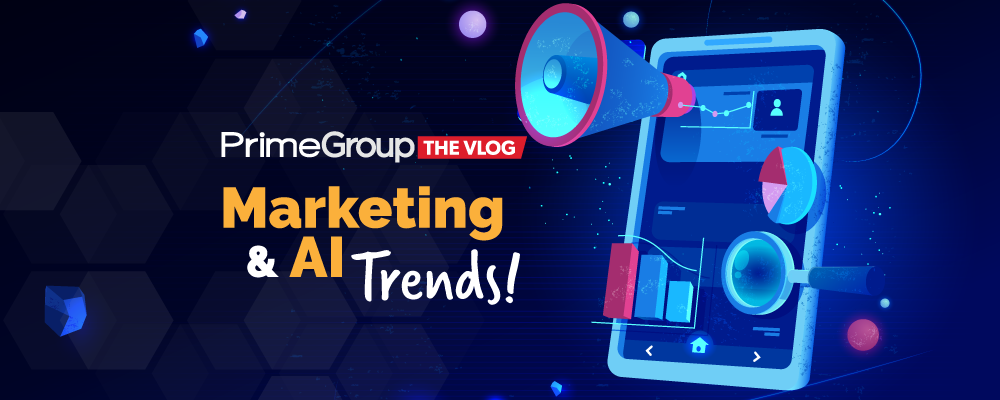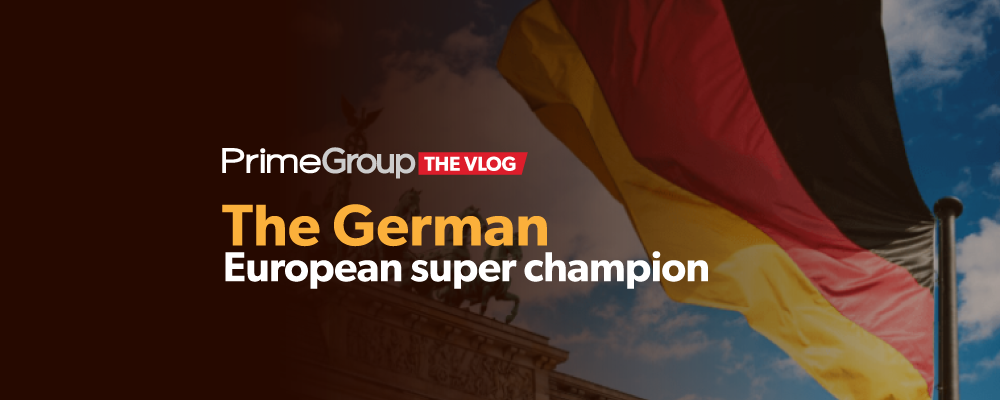Blending digital marketing with Artificial Intelligence can be an explosive cocktail. Companies and politicians will manipulate us more and better so that we buy what they sell and vote for what they promise. Dangerous, right?
Let’s know how they will do it and pay attention not only to those risks but also to the advantages so that authentic, constructive, and well-intentioned messages reach more into the consciousness of our public.
Let’s start by saying that smart marketing rhymes, above all with personalization. According to Salesforce, 84% of consumers say being treated like a person, not a number, is very important to earning their business.
With AI, companies will be even more accurate in collecting and analyzing large amounts of data to better understand consumer preferences and offer personalized experiences.
For example, they may use information about online shopping and browsing habits to create targeted ads for everyone. This can increase the effectiveness of the ads, but it can also make what’s called a “filter bubble,” in which only information confirming existing consumer sentiments is displayed.
Another emerging trend is the use of chatbots that, thanks to the power of AI, will interact with customers in such a way that we will not know that we are dealing with a robot. Chatbots allow companies to save time and money when answering questions and offering customer support.
But they can also be programmed to persuade consumers to take specific actions, like buying a product or voting for a particular political candidate. According to Ubisend, 35% of consumers prefer chatbots to individuals who answer the phone on behalf of the company. And another piece of information, according to Grand View Research, The Chatbot market can grow by almost 25% annually by 2028.

AI-powered virtual influencers are another fad we’ll see soon in digital marketing: computer-generated characters intended to promote products and services via social media. An example is Lil Miquela, a fictitious “influencer” with more than 3 million followers on Instagram, who has collaborated with brands such as Prada and Samsung. Grand View Research expects this sector to grow 30% by 2028. Virtual influencers can be useful for reaching new audiences but can also be used to spread false or misleading information.
And another trend that we are already seeing is price optimization done through the use of algorithms. Companies can fine-tune prices in real-time based on demand, consumer behavior, and market conditions. This will ensure that companies maximize their revenue and remain competitive. According to a report by MarketsandMarkets, The price intelligence market is expected to reach $2.8 billion by 2024. However, this can also lead to unjustified price increases.
The most obvious danger for AI lies in politics because it can undoubtedly seriously erode democracy, that is, the free election of political representatives.
Indeed, highly personalized, and persuasive political ads can be created with AI. Designed to appeal to the voter’s emotions and biases and may be designed to be misleading or spread false information. Additionally, AI can be used to influence public opinion through social media and the manipulation of the information displayed to consumers.
Returning to companies: they must ensure that the data collected is used ethically and respects the user’s privacy. According to RSA Security, 69% of consumers are concerned about online privacy. Consumer data privacy must be protected so that companies only collect the information necessary to improve the customer experience.
Additionally, there is a risk that AI could perpetuate existing biases and discrimination in marketing. For example, if beer is associated with masculinity, we would ignore women who also like this drink.
We have seen that AI is a powerful catalyst for digital marketing, but we should use it sparingly, prudently, and, above all, with ethical criteria. Resorting to clever marketing tricks to distort the freedom of the consumer and the citizen is not admissible. Using it so that people can better choose what to buy or vote for is legitimate.
Subscribe to the Prime Group channel in Youtube!



